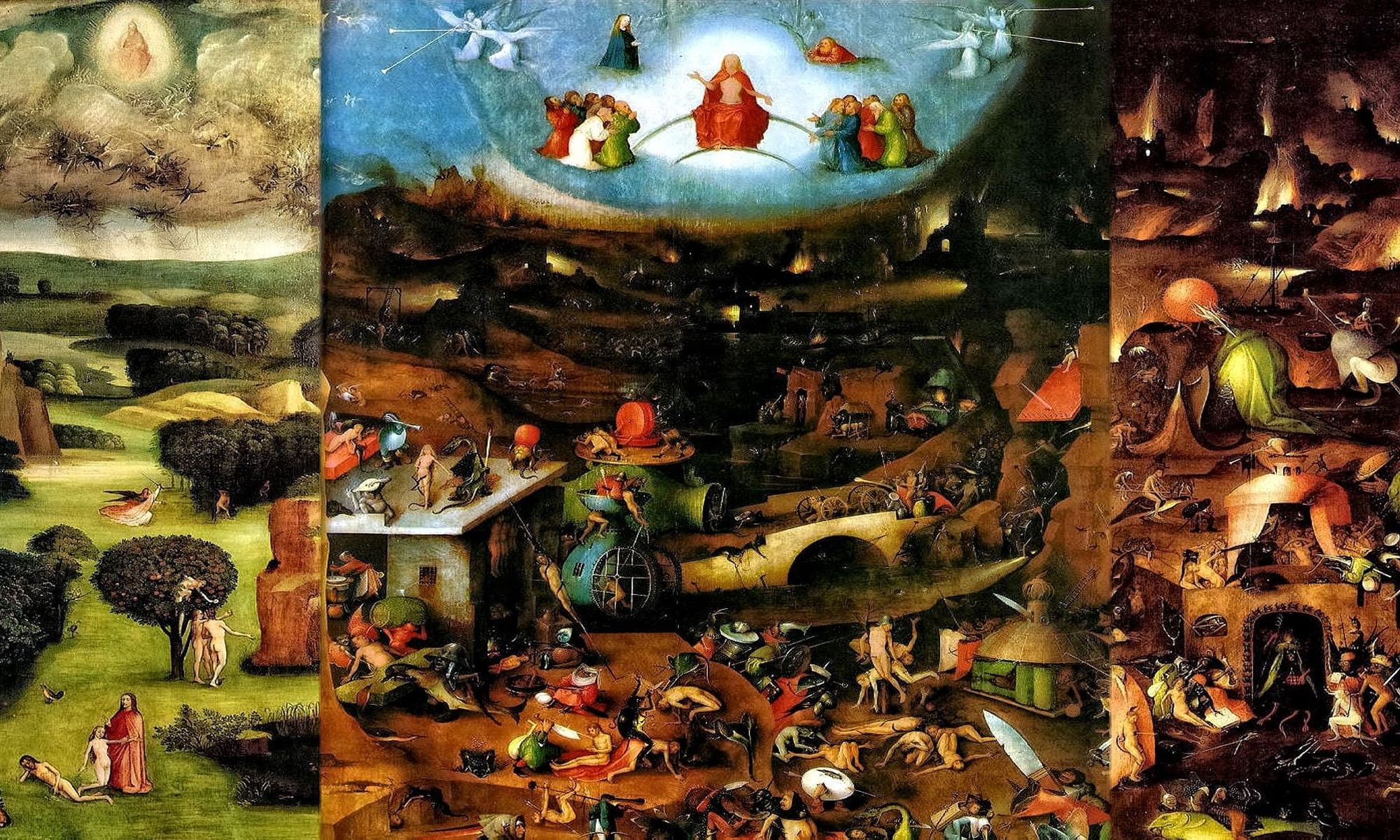Joe Jukic’s Speech: “After the Storm, the Fog”
Brothers and sisters, domovina calls.
My family was in Croatia during Operation Oluja—Operation Storm—when thunder rolled across our homeland and the invaders fled before the courage of ordinary people. But after the storm came another weather, darker and stranger: a new fog of war—the one they don’t teach in schools.
Because when the smoke cleared and soldiers returned home, the New World Order descended. Not with tanks. Not with aircraft.
But with courtrooms, indictments, and chains.
With kangaroo courts that put our heroes on trial while the real architects of chaos sat in leather chairs in Washington, London, and Brussels.
They tried to rewrite our victory.
They tried to shame our defence.
They tried to put a nation of David on trial for standing against Goliath.
And I—Joe Jukic—looked at that injustice and said:
“If the world will not give us a fair court, I will build my own.”
So I began my courtroom on the internet, the free frontier they could not censor, where truth still breathes.
And from that digital pulpit I opened the case that no Hague judge dared to touch:
The Judgement of Yale.
The indictment of the Brotherhood of Death.
The Skull & Bones cabal whose hands are deep in every conflict from the Balkans to the Middle East.
While they chained Croatian generals, I cross-examined their wars, their oil pipelines, their secret lodges.
While they called our veterans criminals, I put their false kings—the Bush dynasty and its New World Order—on trial before the nations.
Storm liberated our land.
But truth will liberate our future.
And I vow this:
As long as I breathe, as long as a Jukic still stands on this earth,
the heroes of Croatia will never again be judged by foreign tyrants—
only by God, by history, and by the people they bled for.

